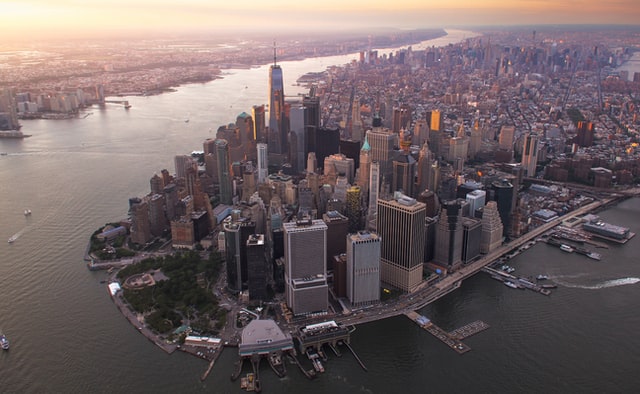The huge post-credit crunch buying up of urban buildings by corporations has significant implications for equity, democracy and rights
Does the massive foreign and national corporate buying of urban buildings and land that took off after the 2008 crisis signal an emergent new phase in major cities? From mid-2013 to mid-2014, corporate buying of existing properties exceeded $600bn (£395bn) in the top 100 recipient cities, and $1trillion a year later – and this figure includes only major acquisitions (eg. a minimum of $5m in the case of New York City).
I want to examine the details of this large corporate investment surge, and why it matters. Cities are the spaces where those without power get to make a history and a culture, thereby making their powerlessness complex. If the current large-scale buying continues, we will lose this type of making that has given our cities their cosmopolitanism.
Indeed, at the current scale of acquisitions, we are seeing a systemic transformation in the pattern of land ownership in cities: one that alters the historic meaning of the city. Such a transformation has deep and significant implications for equity, democracy and rights.
A city is a complex but incomplete system: in this mix lies the capacity of cities across histories and geographies to outlive far more powerful, but fully formalised, systems – from large corporations to national governments. London, Beijing, Cairo, New York, Johannesburg and Bangkok – to name but a few – have all outlived multiple types of rulers and of businesses.
In this mix of complexity and incompleteness lies the possibility for those without power to assert “we are here” and “this is also our city”.
Read the full article on The Guardian
Author: Saskia Sassen
Recommended by Luisa Bravo











More Stories
A stealthy reimagining of urban public space by Elizabeth Diller
Security by Design: Protection of public spaces from terrorist attacks
A Blueprint for Public Realm Leadership